BH urologists and gynaecologists at the training on human rights and needs of trans persons in Bosnia and Herzegovina
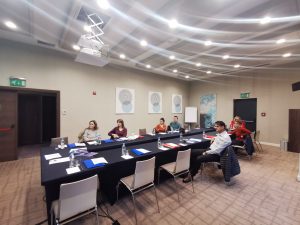 In scope of the program for marking 16 Days of Activism, Sarajevo Open Centre (SOC), on 30 November 2019 in Sarajevo, held the training for urologists and gynaecologists named “Medical aspects of gender reassignment: On adequate, trans specific and inclusive services and support providing to trans persons in the transition process”.
In scope of the program for marking 16 Days of Activism, Sarajevo Open Centre (SOC), on 30 November 2019 in Sarajevo, held the training for urologists and gynaecologists named “Medical aspects of gender reassignment: On adequate, trans specific and inclusive services and support providing to trans persons in the transition process”.
Education was led by Marta Bižić, MD, specialised in urology and reconstructive surgery (University children’s clinic Belgrade, Serbia) and Jovan Džoli Ulićević, activist for human rights of transgender, intersex and gender variant persons, trans man (Balkan Trans Network, Association Spektra, Montenegro). Jovan is also one of the authors of the publication Medical Aspects of Gender Reassignment: Manual for medical professionals and healthcare workers on providing services and support to trans persons in the transition process, that was published in September 2018 by Sarajevo Open Centre.
This half-day training gathered around 10 medical experts from the public health institutions – clinical centres, hospitals and health care institutes from Sarajevo, Tuzla, Goražde and Mostar. They presented to the participants urology and gynaecology perspectives in the process of transition of gender variant/ non-conforming, transgender and transexual persons, needs and experience, guidelines for protection of reproductive health of trans persons, as well as the experience of trans persons from BiH.
Marta Bižić, who held a presentation, said that in Belgrade, since 1980s, gender reassignment procedures have been successfully done, and that the key to high quality results is the multidisciplinary team of doctors (Belgrade team for transgender issues). During her presentation of surgical techniques for genitals reconstruction, she noted the importance of open and informed communication with the patients during the whole process.
One of the participants, MD Igor Hudić, gynaecologist, subspecialised in human reproduction at the UKC Tuzla, noted that this is not the first time to learn about this topic, and pointed out the importance of ensuring adequate reproductive options/ reproductive health protection to persons who are in the gender reassignment process. All the participants pointed the need to enable medical gender reassignment services in BiH – to educate doctors and equip clinics and hospitals, so they hope to deepen their knowledge and to further exchange experience on these issues, in order to respond adequately to the needs of trans persons.
So far, SOC organised trainings for psychologists and psychiatrists, medicine and psychology students, and after this one we plan to organise education for endocrinologists and plastic, reconstructive and aesthetic surgeons on this topic, with hope of intensifying further efforts towards enabling adequate medical gender reassignment services in BiH and raising awareness on trans identities, problems, needs and human rights of trans persons within the BiH healthcare system.
health caretranstransgendertransition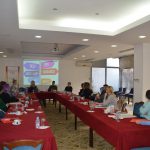 Psychology and medicine students went through the training on rights and needs of trans persons, and medical aspects of gender reassignment
Psychology and medicine students went through the training on rights and needs of trans persons, and medical aspects of gender reassignment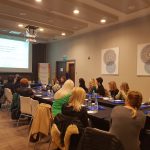 There is need to additionally educate psychologists and psychiatrists on human rights and needs of trans persons in Bosnia and Herzegovina
There is need to additionally educate psychologists and psychiatrists on human rights and needs of trans persons in Bosnia and Herzegovina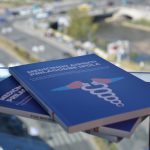 The manual for medical and healthcare professionals on providing services and support to trans persons in the transition process presented in Sarajevo
The manual for medical and healthcare professionals on providing services and support to trans persons in the transition process presented in Sarajevo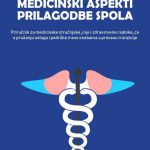 Medical Aspects of Gender Reassignment: Manual for medical professionals and healthcare workers on providing services and support to trans persons in the transition process
Medical Aspects of Gender Reassignment: Manual for medical professionals and healthcare workers on providing services and support to trans persons in the transition process